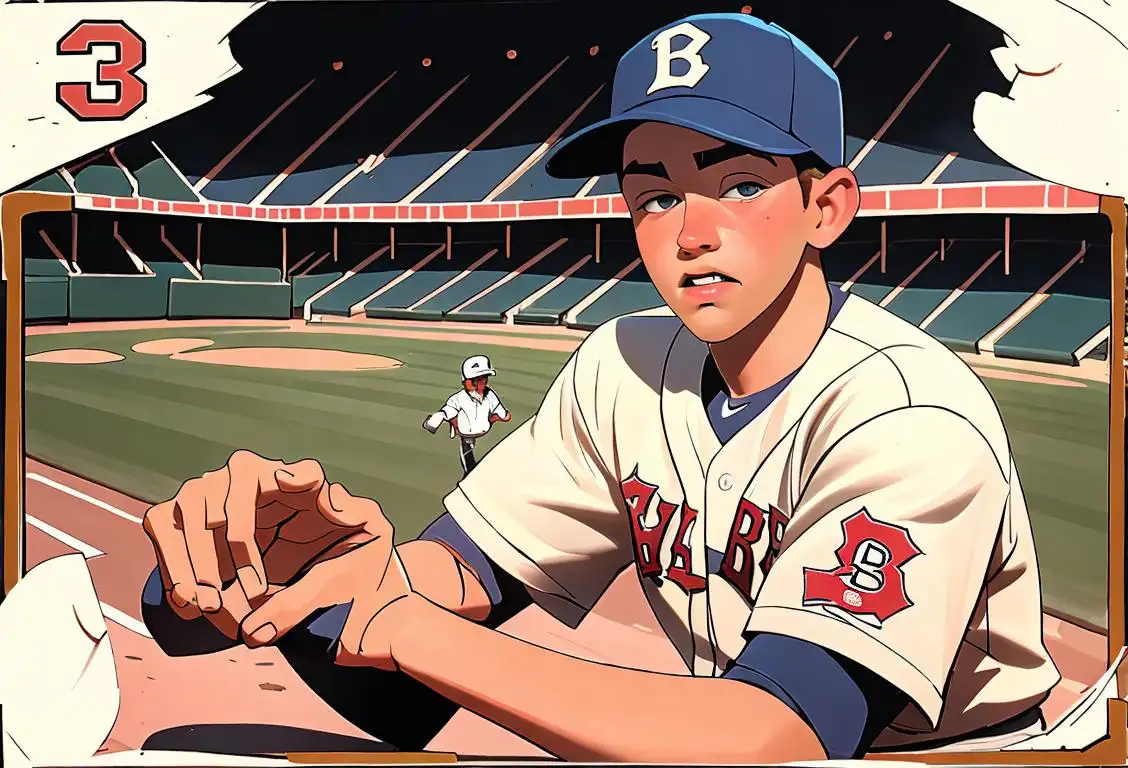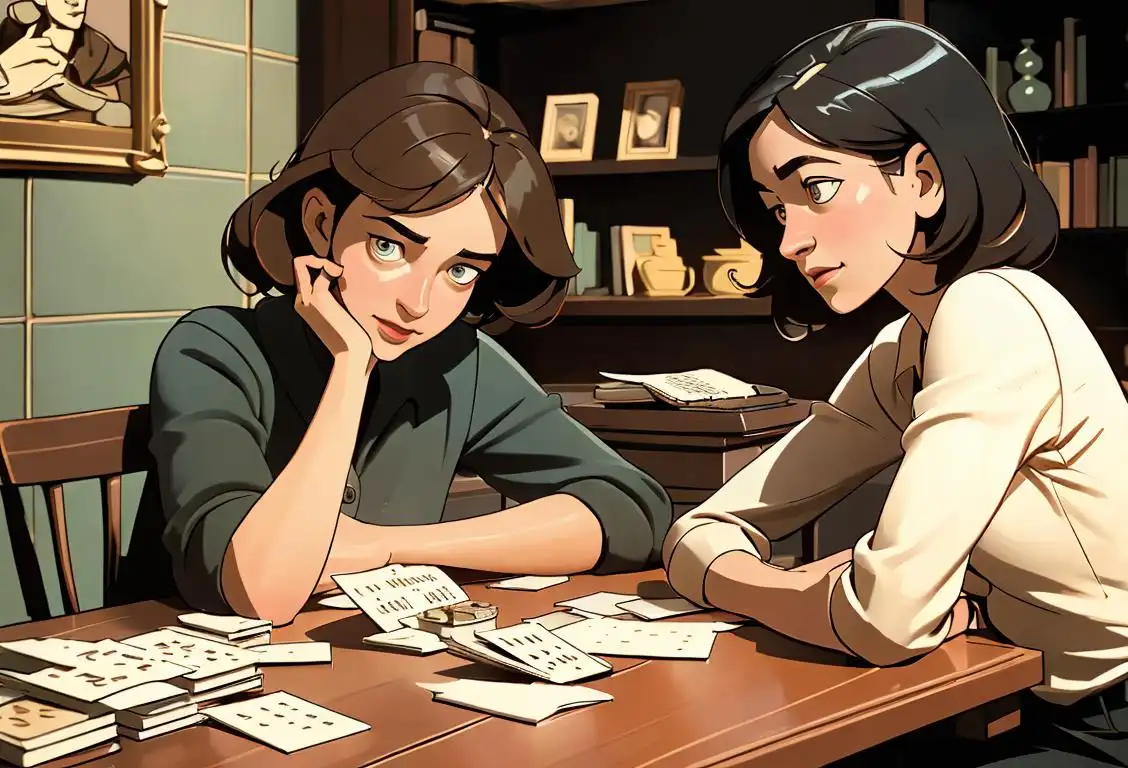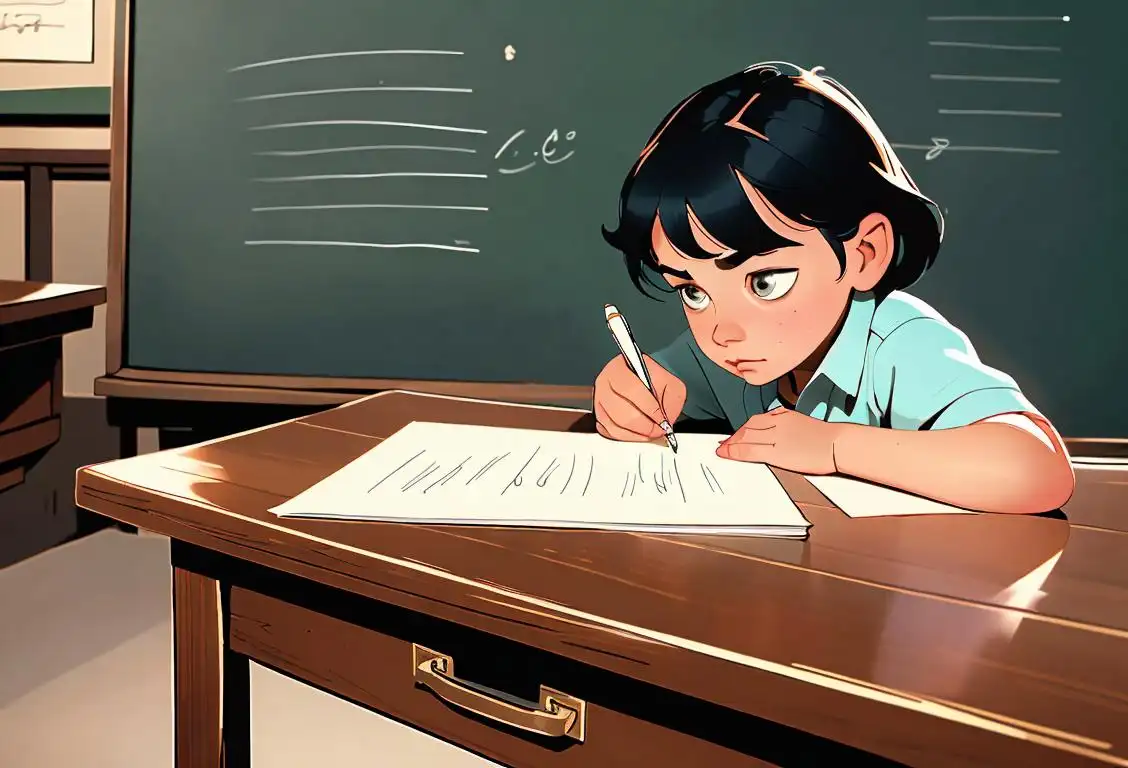National Dice Day

Welcome to the enthralling world of National Dice Day! Roll the dice, and prepare to learn all about the fascinating history behind this beloved game. Join us on a whimsical journey filled with fun facts and nostalgic memories.
When is Dice Day?
It's national dice day on the 4th December.
What is National Dice Day?
National Dice Day is a day dedicated to celebrating the humble dice and the countless games and activities they have brought joy to throughout history. From board games like Monopoly and Yahtzee to tabletop role-playing games like Dungeons & Dragons, dice have been an essential part of entertainment and friendly competition.
It's believed that dice have been around for over 5,000 years! Ancient Egyptians used dice made of bone and ivory, and the Romans had dice made of precious stones. Whether they were used for gambling, fortune-telling, or simply as a form of amusement, dice have captivated people's imaginations for centuries.
The Internet's Love Affair with National Dice Day
On December 4th, 2016, the internet exploded with excitement for National Dice Day. With a whopping 1,076 mentions online, it was clear that people were eager to roll the virtual dice and celebrate this quirky holiday. From sharing photos of unique dice sets to reminiscing about their favorite dice-based games, social media was buzzing with dice-related joy.
Did You Know?
Did you know that dice are not only used for games but also for decision-making? In ancient times, important decisions were often made by casting dice. For example, Roman senators would use dice to determine the order in which they would speak during debates. So, the next time you can't decide who gets to choose the movie or what to have for dinner, why not roll a dice and let fate decide?
History behind the term 'Dice'
3000 BCE
Earliest Known Dice
The history of dice dates back to around 3000 BCE in ancient Mesopotamia (modern-day Iraq). The earliest known dice were made of various materials, including bone, ivory, and wood. These primitive dice were typically in the shape of tetrahedrons, with markings indicating the numbers. Similar dice have also been found in other ancient civilizations, such as Egypt and China.
1500 BCE
Dice in Ancient India
Around 1500 BCE, dice games had already spread to ancient India. The people of the Indus Valley Civilization used dice as part of their cultural practices. These dice, often made of ivory or animal bones, featured different shapes and markings. Dice games were significant in religious rituals and were believed to have a connection to the gods.
900 BCE
Introduction of Cubic Dice
In 900 BCE, cubic dice emerged in ancient Greece. These dice were made of various materials like stone, metal, or bone, and featured numerical values ranging from 1 to 6. The introduction of cubic dice revolutionized the gaming experience, allowing for a fairer and more controlled outcome. Cubic dice quickly gained popularity and became a standard form of gambling and entertainment.
13th Century
Dice in Medieval Europe
During the 13th century, dice games became prevalent in medieval Europe. The dice used in Europe were typically made of bone, with opposing sides adding up to seven. Gamblers and players used dice to engage in a variety of games that ranged from simple gambling to complex strategic challenges. The popularity of dice games during this time can be attributed to their accessibility and the thrill they provided.
Early 20th Century
Introduction of Modern Plastic Dice
In the early 20th century, dice manufacturing shifted towards the use of modern materials like cellulose nitrate or cellulose acetate. Plastic dice became widely available, affordable, and more versatile in terms of design options. The use of plastic dice allowed for greater customization, including different colors, sizes, and styles. This innovation made dice games even more appealing and accessible to the masses.
Present Day
Dice in Modern Gaming
Dice continue to play a significant role in modern gaming. From traditional board games to role-playing games, dice are essential tools for generating randomized outcomes and adding an element of chance. The cultural impact of dice extends beyond gaming, as they are often depicted in popular media, such as movies and books. Today, dice have become iconic symbols of both luck and strategy, transcending cultural boundaries.
Did you know?
Did you know that dice were used by ancient Romans to determine the order of speakers in debates?Tagged
fun nostalgia gamesFirst identified
4th December 2015Most mentioned on
4th December 2016Total mentions
1076Other days
Videos Game Day
Dice Day
Luigi Day
Pokemon Day
Baseball Card Day
Cousins Day
Record Store Day
Comic Book Day
Scrabble Day
Handwriting Day








